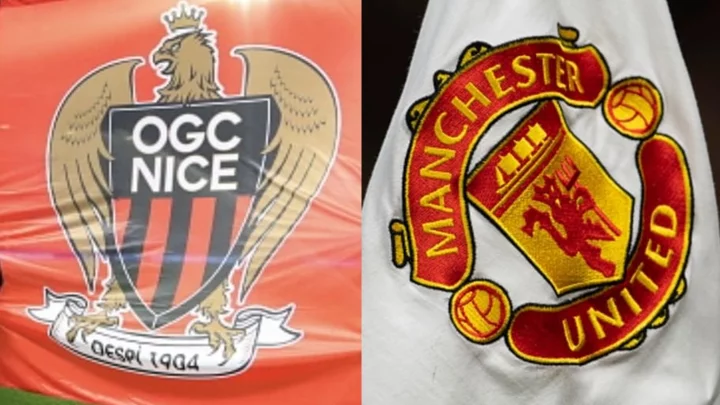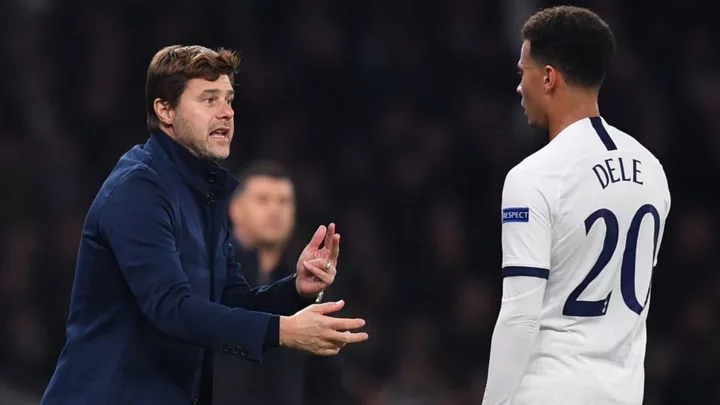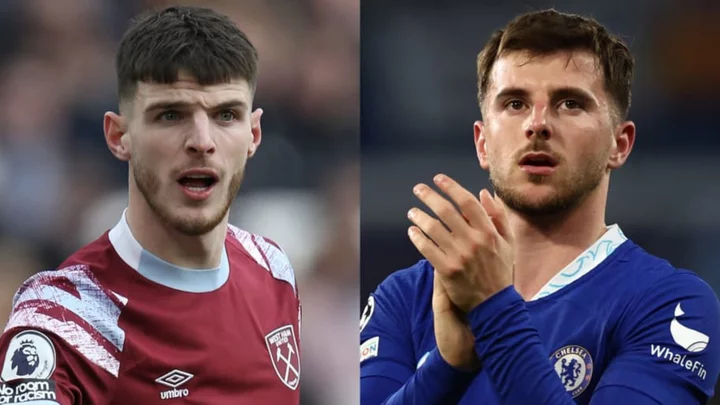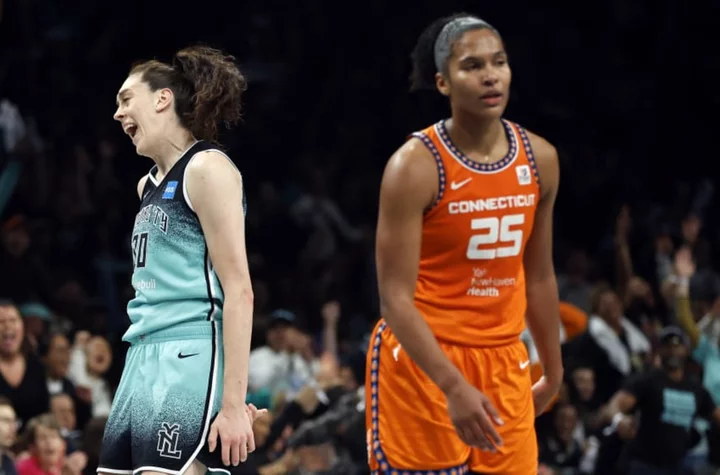There are many different ways in which football could be perceived as heading in the wrong direction, and one of them is multi-club ownership.
It's an issue that has been thrust back into the limelight as Manchester United will soon be 25% owned by the same company that owns OGC Nice and Lausanne Sport and a partner of Racing Club Abidjan.
It would not be the first time a big club in Europe has found itself under the same ownership or investment as other teams around the world. Naturally, when it comes to continental tournaments, this creates a major issue for governing bodies like UEFA.
Here's a look at what UEFA's multi-club ownership rules are right now and how they can affect clubs like Man Utd.
What are UEFA's multi-club ownership rules?
UEFA's multi-club ownership rules can make for slightly confusing reading for those not used to the jargon.
There are many different ways in which the rules explain the simple fact that two clubs owned by the same entity cannot compete against each other in European competition, such as the Champions League, Europa League and Europa Conference League.
If you want the jargon of Article 5 Integrity of the competition / multi-club ownership, you can find it here on UEFA's website. As to why these rules exist, it is not great for sporting integrity for one entity to have multiple interests in one competition, as it opens the door to match-fixing.
Which clubs in Europe does this impact?
Multi-club ownership is not a new thing in football but it is becoming increasingly commonplace. More and more clubs are at serious risk of falling foul of these regulations.
The example that has thrust the rules back into the limelight is Man Utd and OGC Nice. The French side, owned by Sir Jim Ratcliffe's INEOS group, have been in and out of European competition over the years.
Qualification for the Champions League may look tricky for Man Utd right now but it is the aim for the Erik ten Hag's squad and they have the talent to do it.
Both Man Utd and UEFA need to think ahead for the prospect of both clubs being in the Champions League next season. Right now, Ratcliffe's 25% stake in Man Utd has not been officially confirmed and were that deal to fall through, this issue would go away for both clubs.
Ahead of the 2023/24 season, there was some movement from UEFA which hints at the future of multi-club ownership rules. There were issues surrounding Aston Villa, Brighton, AC Milan, Union St Gilloise, Toulouse and Vitoria Sport Clube.
AC Milan and Toulouse are both majority-owned by Red Bird Capital Partners, who incidentally have an 11% stake in Fenway Sports Group which owns Liverpool. Aston Villa owners Nassef Sawiris and Wes Edens have a stake in Vitoria, while Brighton owner Tony Bloom has a similar involvement with Union Saint-Gilloise.
Perhaps the clearest multi-club example right now is Manchester City, the flagship team of the City Football Group. 13 clubs operate under their name, the majority outside of Europe. However, La Liga surprise package Girona are part of the City Football Group, while Palermo are also under the umbrella along with ESTAC Troyes in France and Lommel SK in Belgium.
Another notable multi-club project is Red Bull. RB Leipzig, RB Salzburg, FC Liefering and more clubs outside of Europe are owned by Red Bull.
There is also 777 Partners who control Hertha Berlin, Genoa, Standard Liege and Red Star (in France), as well as two non-European clubs.
As of March 2023, CIES Sports Intelligence found evidence of 254 teams involved in multi-club ownership. There are many other multi-club projects involving teams that could feasibly end up in European competition.
You can read a full list of multi-club projects courtesy of 90min here.
Why might clubs not be concerned by UEFA's multi-club ownership rules?
Understandably, there is concern from Man Utd fans about the prospect of being banned from European competition should they and Nice qualify. The good news is that UEFA has already created a precedent for these rules to be ignored.
Ahead of the 2023/24 season, the aforementioned group of clubs - Aston Villa, Brighton, AC Milan, Union Saint-Gilloise, Toulouse and Vitoria Sport Clube - were all cleared by UEFA to compete in European competitions.
"Following the implementation of significant changes by the clubs and their related investors, the CFCB First Chamber accepted the admission of the aforementioned clubs to the UEFA club competitions for the 2023-24 season," UEFA said.
"The CFCB found that the significant changes implemented brought the clubs into compliance with the multi-club ownership rule."
The creation of the Europa Conference League has made these rules harder to implement with a whole other competition's worth of teams to consider.
UEFA president Aleksander Ceferin recently spoke to Gary Neville in March 2023 on The Overlap and explained Man Utd are not the only team being looked at, adding the governing body has some work to do for how these rules can be implemented in the future.
"We are not thinking about Manchester United only," the UEFA president said. "We've had five or six owners of clubs who want to buy another club. We have to see what to do. The options are that it stays like that or that we allow them to play in the same competition. I'm not sure yet.
"We have to speak about these regulations and see what to do about it. There is more and more interest in this multi-club ownership. We shouldn't just say no for the investments for multi-club ownership, but we have to see what kind of rules we set in that case, because the rules have to be strict.
"From one point of view it's true if you are the owner of two clubs and they play in the same competition you can say to one club to lose because you want the other to win. But for you, as a football player, do you think it’s so easy to do that, to tell a coach, lose the match because the other wants to win?"
It may be the case that multi-club ownership has grown rapidly at a rate that UEFA cannot cope with. As there are now three continental competitions and a growing number of teams becoming financially linked, the rules appear outdated and will clearly need a rethink.
Either that, or a huge number of teams will be banned from European competition in the near future which is a logistical and legal nightmare for UEFA.
READ THE LATEST CHAMPIONS LEAGUE NEWS, PREVIEWS & RATINGS HERE
This article was originally published on 90min as UEFA's multi-club ownership rules - explained.









